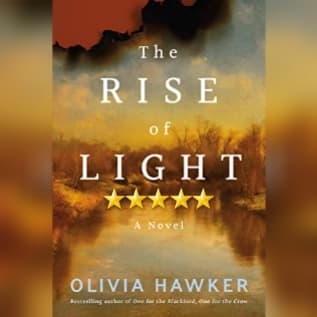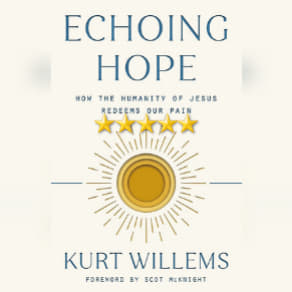Complicated Yet Beautiful. Hawker has a way of painting pictures with words that are utterly beautiful, and yet also utterly ugly at the same time. Ultimately, this book reads like a more evocative, more painting quality version of the somewhat similar story David Duchovny created in Truly Like Lightning, even as it seems that both authors were working on these works for quite a number of years. Particularly in their showing of the worse sides of Mormon life, complete with overbearing and hypocritical fathers, this reads almost like as much an attack on the Church of Jesus Christ of Latter Day Saints as the character study that it is. And yet, again, the way Hawker executes it here is utterly beautiful in its prose and storytelling. Hawker sucks you in, weaving these plot threads near and around each other before bringing them all together to grand effect. Ultimately the biggest quibble with this entire effort isn’t Hawker’s writing, but the actual description of the book – which leads one to believe certain aspects arguably happen sooner than they do. Indeed, Linda becoming “privy to a secret Aran and Tamsin share that could dismantle everything everyone holds dear” happens quite late (later than 80%, maybe even closer to the 90% mark), though again, the actual execution here is quite solid and indeed allows the book to end in surprising ways that were only very subtly hinted at much earlier. Even Aran and Lucy getting together to begin with seems to happen much later in the tale than the description seems to indicate, though that relationship *is* particularly well developed. Ultimately this is a book that Mormons likely won’t like, people with various misconceptions about Mormonism will probably tout, but one that tells a remarkable tale in the end. Recommended.
This review of The Rise Of Light by Olivia Hawker was originally written on May 21, 2021.


